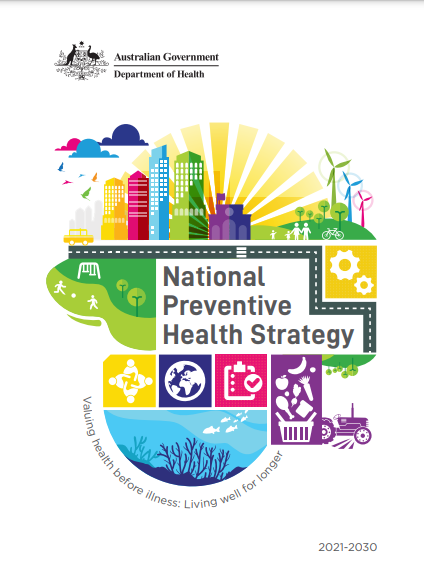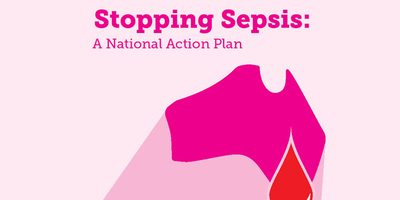
The George Institute welcomes the National Preventive Health Strategy
The George Institute for Global Health welcomes the delivery of the National Preventive Health Strategy (the Strategy) as a new era in public health that will lead to a healthier Australia.
“The George Institute is pleased to see the commitment to invest 5 percent of total health expenditure from federal, state and territory governments by 2030 into prevention, as well as the development of the Blueprint for Action,” said Professor Bruce Neal, Executive Director of The George Institute for Global Health, Australia.
“These are tangible mechanisms that can guarantee the implementation of the Strategy, and ensure it ultimately improves quality of life and prevents early mortality”.
Importantly, the Strategy also incorporates the social, cultural, commercial, and environmental determinants that underpin health outcomes. It calls for promotion of self-determination and evidence-based action free from vested and commercial interests.
“All Australians have a right to health – regardless of their circumstances and especially communities experiencing vulnerability. By committing to addressing the broader determinants of health, the Strategy can have true impact for those who need it most.”
The Strategy sets out a preventive health agenda for the next decade, including seven focus areas that accelerate action towards tackling major causes of non-communicable disease and injury: reducing tobacco use and nicotine addiction, improving access to and the consumption of a healthy diet, increasing physical activity, increasing cancer screening and prevention, improving immunisation coverage, reducing alcohol and other drug harm, and promoting and protecting mental health.
“Non-communicable diseases and injury are the biggest causes of death in Australia, and world-wide. While there are many areas that need a prevention focus that could have been included in the Strategy, The George Institute is pleased to see a shift from the traditional siloed approach of treatment, to one that recognises the power of prevention” said Professor Neal.
The George Institute looks forward to understanding the specific commitments to the implementation of the National Preventive Health Strategy ahead of the 2022 Budget and Federal election, and understanding how these are going to be enacted, led, monitored, and improved. In particular, the Blueprint for Action will be crucial for implementation of the Strategy and as such, The George Institute is calling for the following inclusions in the Blueprint:
- Funding the development and implementation of a National Climate and Health Strategy
- Genuine engagement of First Nations peoples that leads to the self-determination of First Nations community priorities for prevention
- Injury as a focus area in line with the release of the National Injury Prevention Strategy
- Ambitious reform of the food system, including making the Health Star Rating system mandatory and preventing marketing of unhealthy products to children
Click here to read the full National Preventive Health Strategy 2021-2030.



